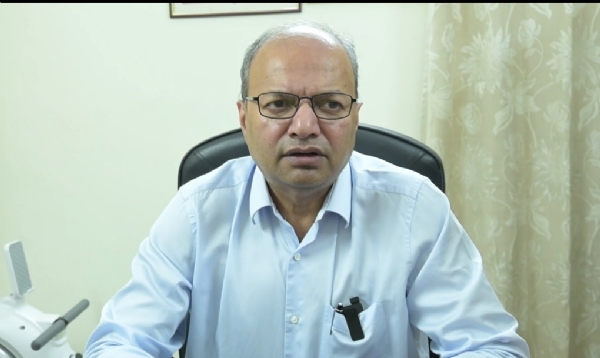
Kanpur, 29
Oct (HS): Professor Manendra Agarwal, Director of IIT Kanpur, commented,
We have been saying right from the beginning that we need clouds with a
reasonable amount of moisture in order for it to rain. Despite the lack of heavy rainfall due to low
moisture levels, the experiment has been lauded as a critical data-gathering
effort. It was the first time cloud
seeding was undertaken in India during the winter season to especially target
pollution. The study, costing an
estimated Rs.
50-60 lakhs, faced political doubts regarding its usefulness. However,
scientists documented a 6-10% reduction in PM2.5 and PM10 particles, giving a significant
basis for future efforts to purify Delhi's hazardous air.
Planned
cloud-seeding activity has been halted due to insufficient moisture in the
clouds. This process is highly dependent on the right atmospheric conditions.
Rainfall was prevented due to humidity levels of around 15 to 20 percent, but
the experiment provided valuable information. Monitoring stations set up across
Delhi recorded real-time changes in particulate matter and moisture levels. The
data showed a measurable reduction of six to 10 percent in PM2.5 and PM10
concentrations, indicating that even under limited moisture conditions, cloud
seeding can contribute to improving air quality, IIT Kanpur Director Prof.
Manindra Agrawal said on Wednesday.
Since Diwali,
the air in the capital Delhi was becoming poisonous due to increasing air
pollution and Air Quality Index (AQI). Due to which the Delhi government, in
collaboration with the Indian Institute of Technology (IIT) Kanpur, decided to
make artificial rain and cloud seeding was done on Tuesday but the rain did not
reach the expected level. The naturally formed clouds only drizzled. IIT Kanpur
had claimed that in cloud seeding, silver, iodide, sodium and other chemical
particles would be sprayed in the clouds. Due to this, the moisture of the
clouds gets collected in water droplets, which fall on the ground in the form
of heavy rain. All the claims of IIT Kanpur failed when even after cloud seeding
twice, there was no good rain in Delhi.
He further
explained that these observations strengthen our planning for future work and
help us better identify situations where this intervention can provide maximum
benefit. Such experiences lay the foundation for more effective implementation
in the future. IIT Kanpur is committed to pursuing this research with
scientific discipline and a clear focus on improving the environmental outcomes
of the National Capital Region.
Hindusthan Samachar / Abhishek Awasthi






